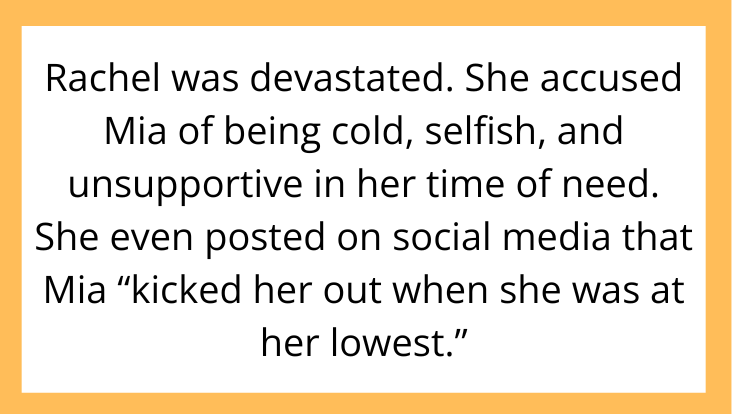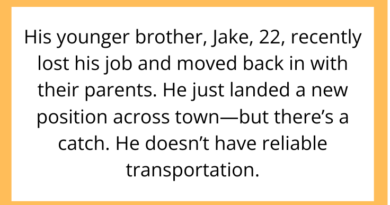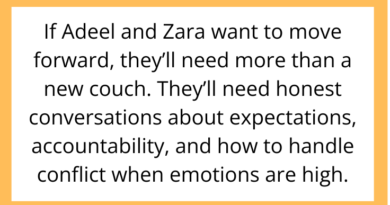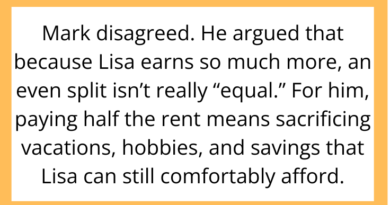AITAH for Asking My Best Friend to Move Out After She Lost Her Job?
When life throws curveballs, we often lean on friends for help. But what happens when helping a friend starts to feel like losing yourself in the process? In this AITAH scenario, a woman wrestles with guilt and resentment after her act of generosity turns into a never-ending burden.
Let’s dive into the story, the fallout, and whether she’s really the villain.
The Situation: A Friend in Need Moves In

The original poster—let’s call her Mia—shared her story in r/AITAH. A few months ago, Mia’s best friend, Rachel, lost her job unexpectedly. With no savings and nowhere to go, Rachel asked if she could crash at Mia’s apartment “just for a few weeks” while she looked for work.
Mia didn’t hesitate. She offered Rachel her spare bedroom rent-free and told her to take her time getting back on her feet.
Fast forward six months: Rachel still hadn’t found a job. She had stopped looking as aggressively, saying she felt “burnt out” and needed time to regroup. In the meantime, Mia was paying for all groceries, utilities, and even Rachel’s phone bill to keep her connected to potential employers.
The Breaking Point: Enough Is Enough
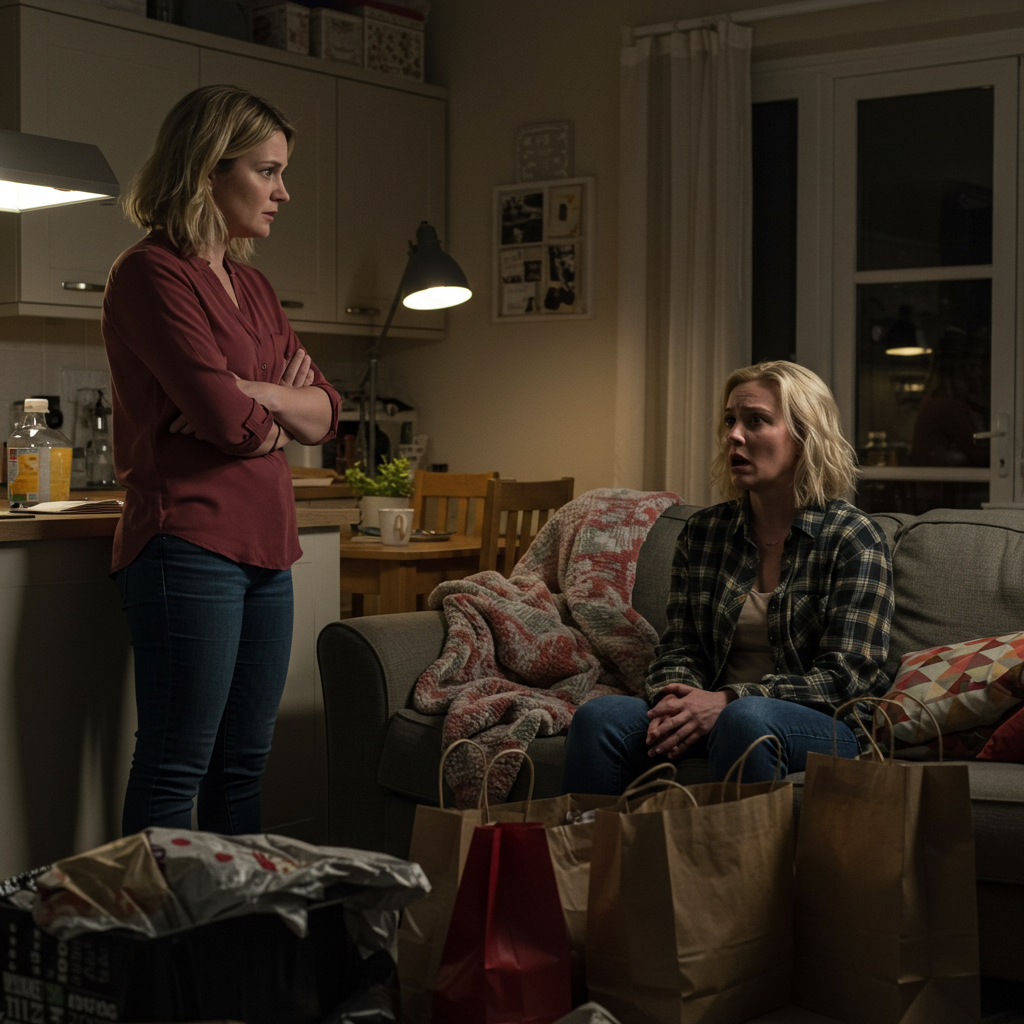
Initially, Mia was sympathetic. But over time, she started feeling taken advantage of.
-
Rachel rarely helped around the house.
-
She spent most days streaming shows and ordering takeout (on Mia’s dime).
-
She didn’t seem motivated to change her situation.
When Mia finally worked up the courage to ask Rachel about next steps, Rachel brushed it off, saying she “wasn’t ready to jump back into the rat race.”
After weeks of stewing, Mia sat her down and told her she needed to move out by the end of the month. She offered to help pay for Rachel’s first month of rent somewhere cheaper but explained she could no longer support her indefinitely.
Rachel was devastated. She accused Mia of being cold, selfish, and unsupportive in her time of need. She even posted on social media that Mia “kicked her out when she was at her lowest.”
Mia turned to Reddit for judgment: AITAH for setting a deadline for my friend to move out?
Reddit Weighs In: Is It Selfish or Self-Preservation?
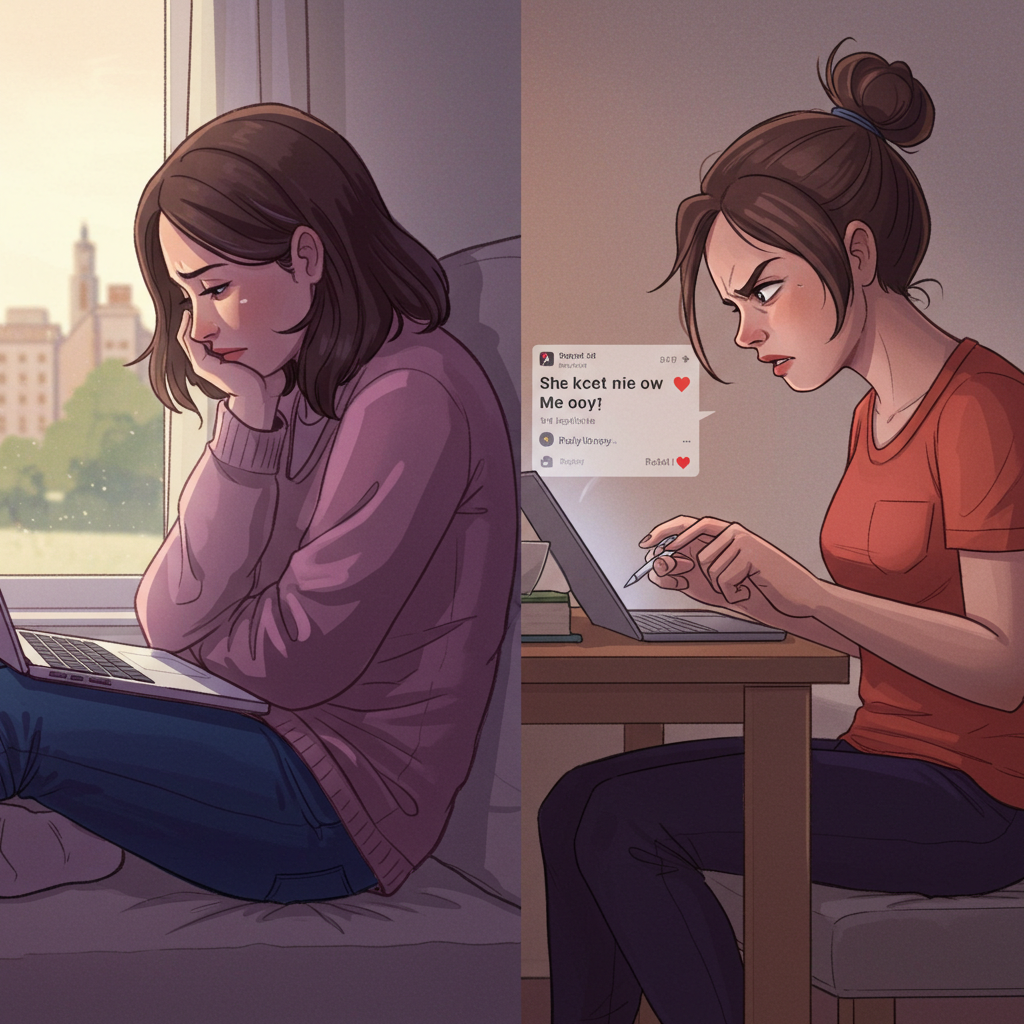
The AITAH community quickly rallied to Mia’s defense.
Why Mia Is Not the Villain
-
Six months of support is incredibly generous. Most people would not have been able to offer that level of help.
-
Rachel stopped making an effort. It’s one thing to struggle while actively job hunting—it’s another to check out entirely.
-
Boundaries are healthy. Mia had her own bills and mental health to think about.
One commenter summed it up perfectly:
“Helping doesn’t mean sacrificing yourself indefinitely. She’s an adult, not your dependent.”
Why Some Think Mia Should Have Been More Patient
While most supported Mia, a few users pointed out:
-
The job market can be brutal, especially in certain industries.
-
Mental health struggles can make it hard to stay motivated.
-
A little more empathy might have gone a long way.
But even these commenters agreed Rachel should have communicated better and contributed in some way.
The Bigger Issue: When Helping Turns Into Enabling
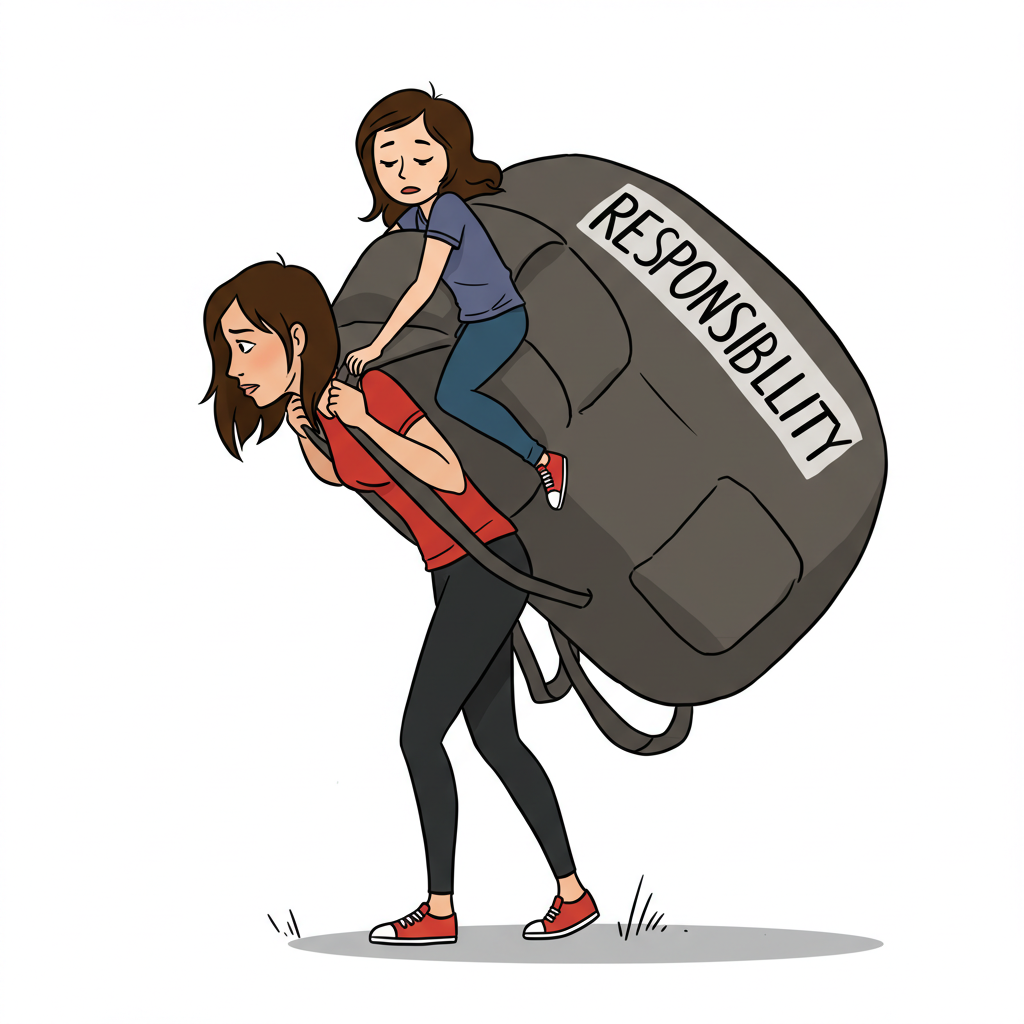
This story is a classic example of the fine line between helping and enabling.
At first, Mia’s support was life-changing for Rachel. But over time, it became a crutch that prevented Rachel from taking responsibility.
It’s a difficult truth: sometimes loving someone means holding them accountable—even if it feels harsh.
Lessons for Anyone in a Similar Situation

Be Clear About Expectations Upfront
Mia never set a clear timeline. She assumed Rachel would naturally want to move on quickly. But without explicit boundaries, Rachel settled in indefinitely.
If you ever open your home to someone, discuss:
-
How long they can stay.
-
What they’re expected to contribute.
-
What progress looks like.
Check In Regularly
Don’t wait until resentment boils over. Regular check-ins about their plans can keep everyone on the same page.
Remember: Your Needs Matter Too
Generosity is admirable, but it shouldn’t come at the expense of your own stability and peace.
The Takeaway: Saying “I Can’t Do This Anymore” Doesn’t Make You the Villain

Mia’s story resonates because so many of us have been there—torn between wanting to help and needing to protect ourselves.
Setting boundaries doesn’t make you cruel. It means you’re human. And sometimes the most loving thing you can do is let someone face their own challenges.
